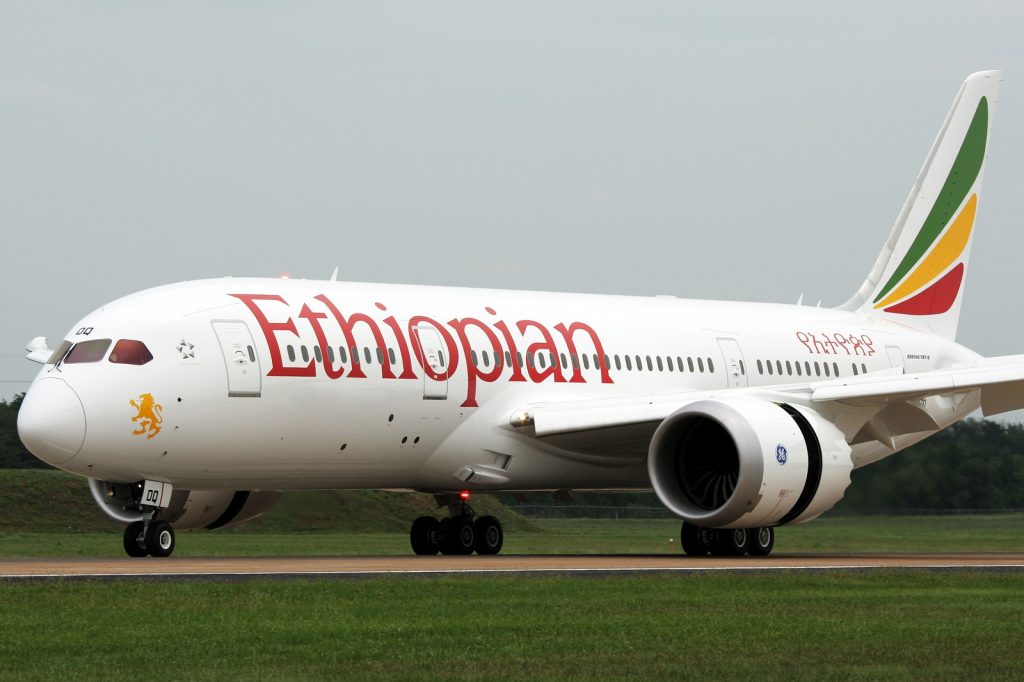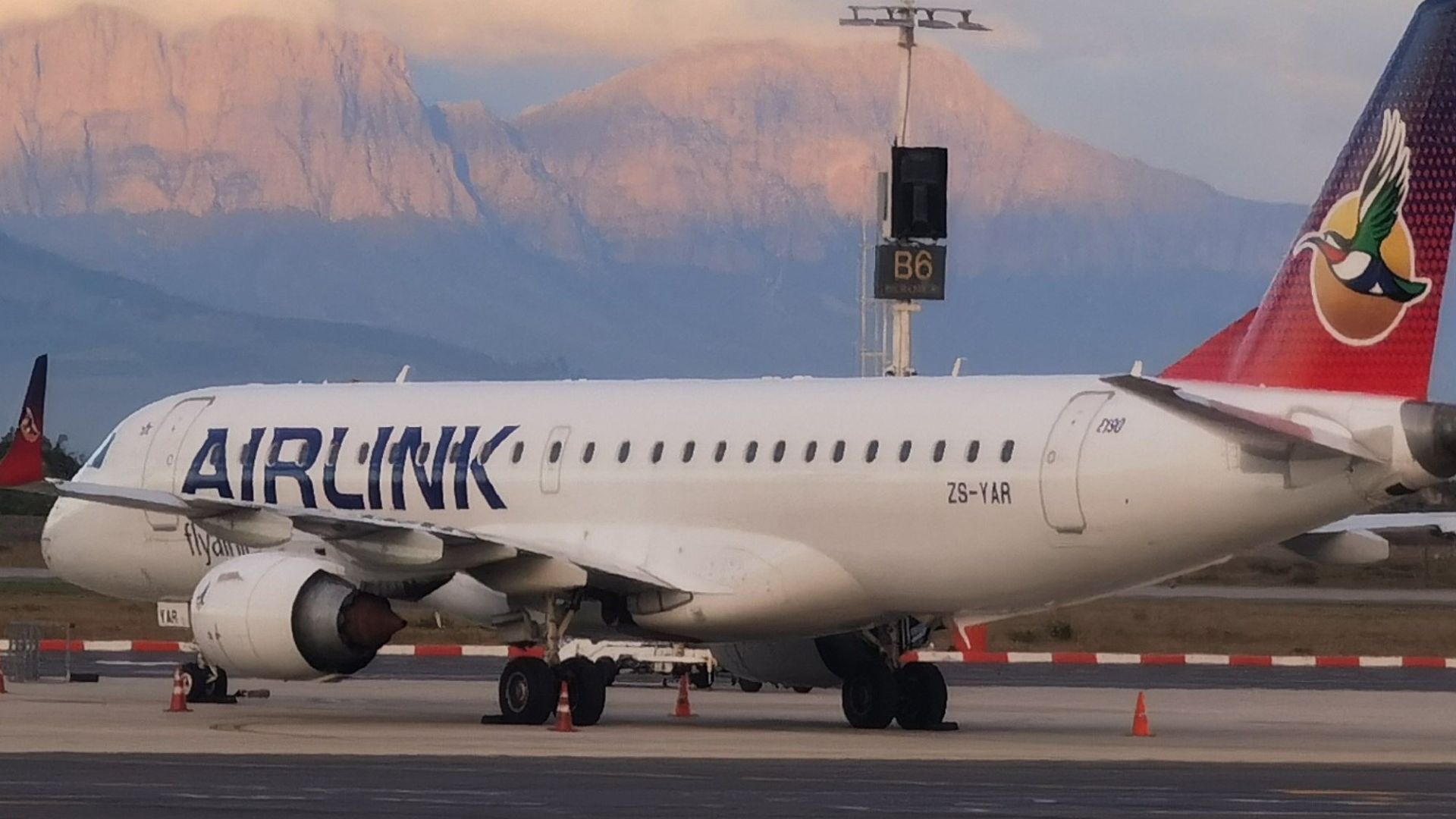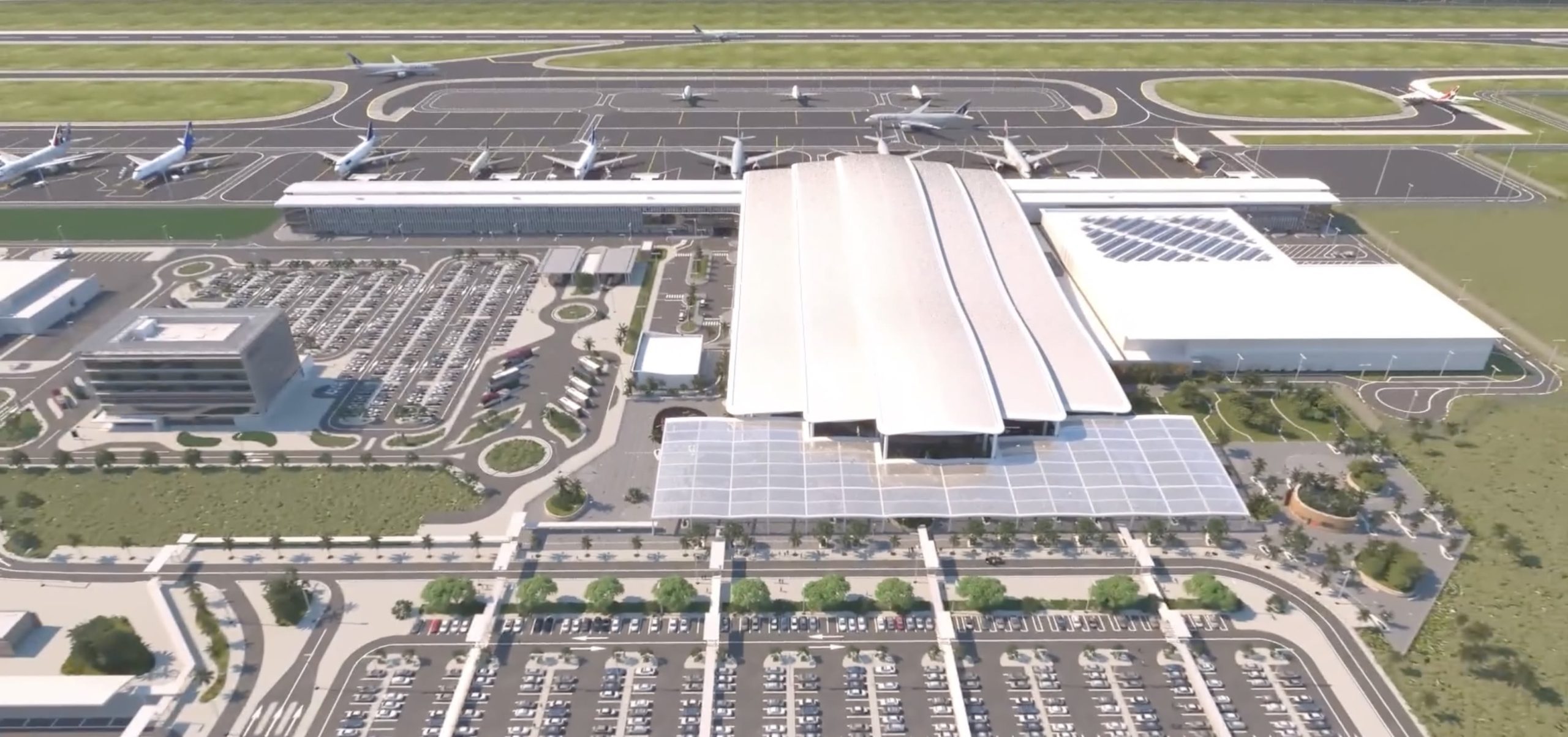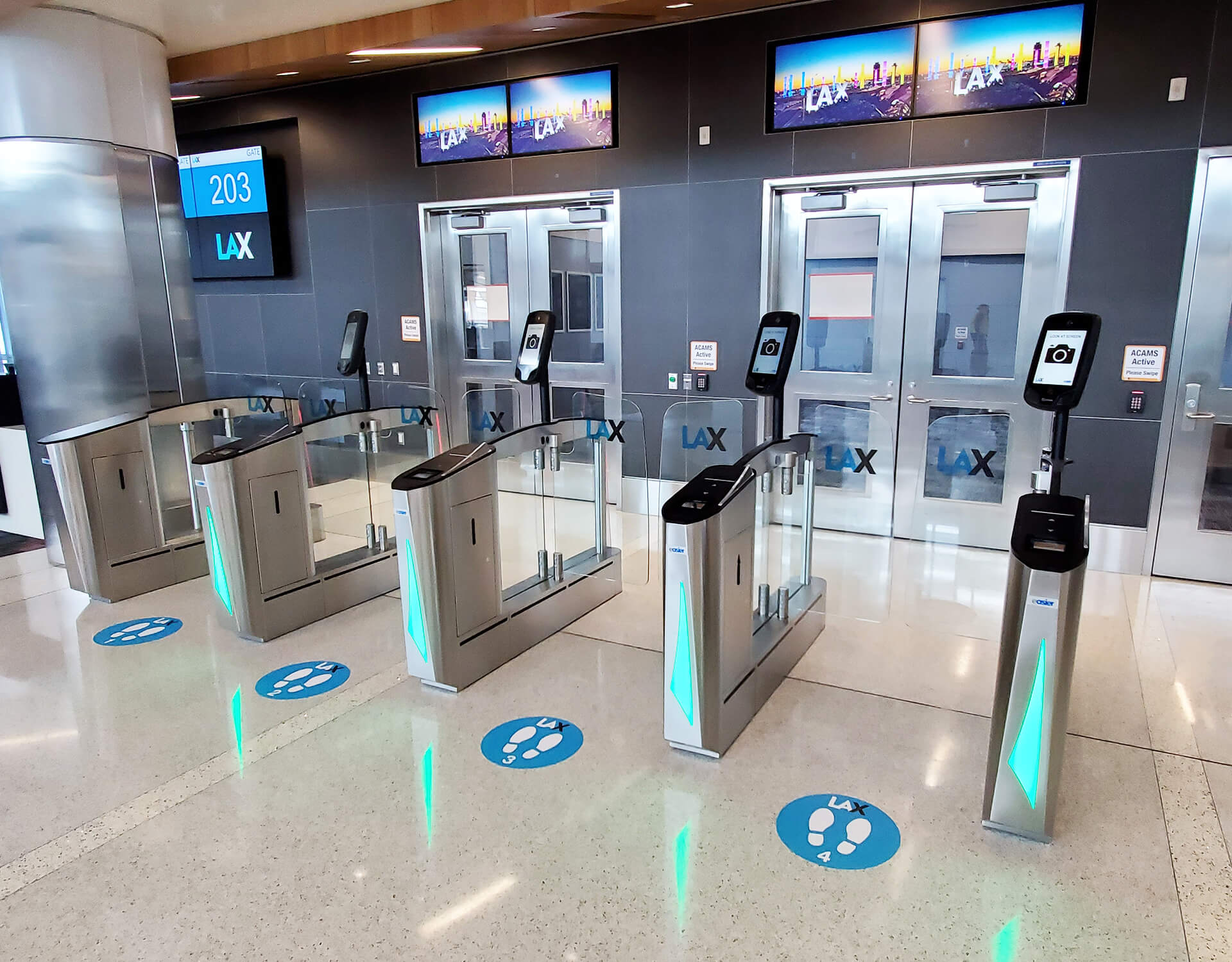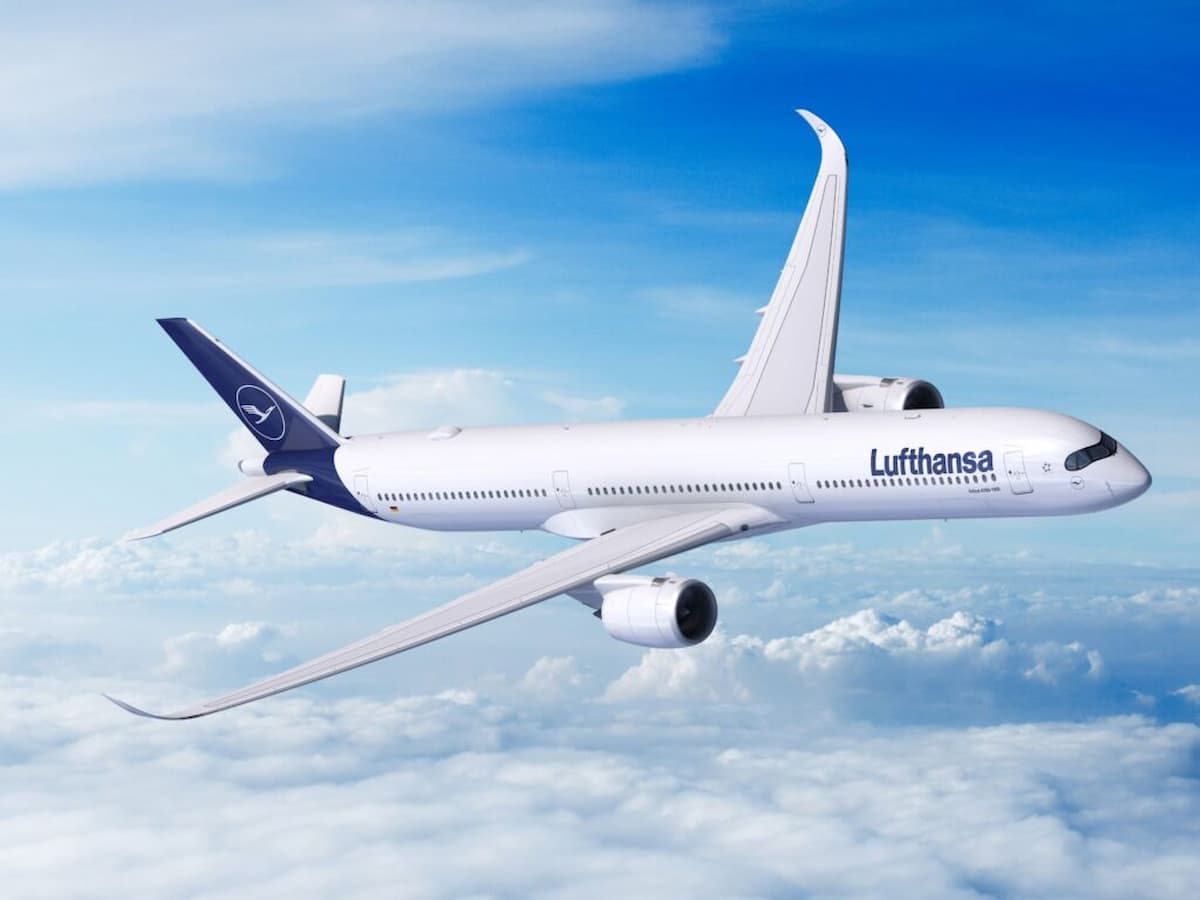We are thrilled to share the remarkable experience of KATA members at the Africa Business Tourism and MICE Masterclass 2023, a transformative event that resonates deeply with our association’s vision for growth and excellence. Spearheaded by our Chairman, Dr. Joseph Kithitu, this engagement showcased KATA’s commitment to empowering members and driving innovation within the tourism industry.
Why the Event Mattered
The Africa Business Tourism and MICE Masterclass has become an indispensable platform for KATA members to thrive amidst industry challenges. KATA’s presence at this year’s sixth edition of the event was a testament to our dedication to advocating for our members’ interests and fostering their professional development.
Impactful Training Sessions
Africa Tourism Partners enlisted seasoned experts like Nkululeko Ndumiso Nkosi, an influential entrepreneur and technology innovator, and Mamello Mofokeng, a qualified data scientist and cybersecurity professional, to deliver engaging training sessions. These experts covered crucial topics, including artificial intelligence integration, data analytics, and event management platforms.
The masterclass empowers MICE professionals and practitioners to analyze clients’ preferences and behavior, customize event content, and make targeted marketing and sales recommendations, all while building meaningful connections.
Collaborating for Success
During the event, Dr. Joseph Kithitu held side meeting the Africa Tourism Partners CEO Mr. Donkor Kwakye to discuss closer collaboartion in promotion of MICE Tourism training for KATA members. These meaningful encounters further strengthened KATA’s network, opening doors for potential collaborations that benefit our members.
Networking and Building Relationships
Beyond the enriching training, the masterclass provided KATA members with invaluable networking opportunities. Our delegates fostered meaningful connections with industry leaders, facilitating future collaborations and partnerships that will shape the future of the travel and tourism landscape in Kenya and beyond.
Conclusion
KATA’s involvement in the Africa Business Tourism and MICE Masterclass 2023 underscores our commitment to empowering our members. By offering training spaces, advocating for their interests, and facilitating networking opportunities, we ensure that our members stay at the forefront of the dynamic travel industry.
At KATA, we are dedicated to promoting growth and excellence within the travel sector, and the participation of our esteemed members in this masterclass reinforces our commitment to their success. Let us continue to soar together as we embrace digital transformation and innovation in the tourism industry.
#KATA #AfricaBusinessTourism #MICE #Masterclass2023 #Empowerment #DigitalInnovation #NetworkingOpportunities #TravelIndustry #InnovateWithKATA
Source: KATA Media Desk.


